By YANG Chengchen and LIU Shuling
(ECNS) -- In 2013, General Secretary Xi Jinping put forward the important strategic idea that “to govern the country well, we must first govern the frontiers well.” It was the first time in the history of the Communist Party of China (CPC) that the intrinsic relationship between ruling the country and ruling the frontier was clarified. China’s bordersare a distinctive feature and an important part of the country’s unified multi-ethnic state. Throughout its history, China has accumulated rich experience in border governance and laid the foundation for a sense of community for the nation. Since the founding of New China, the government has innovated theories and systems of border governance, improved border governance capabilities, consolidated the Chinese national community, and strengthened the sense of community for the Chinese nation.
West East Talk interviewed Xu Jianying, a researcher at the Chinese Academy of Social Sciences’ Institute of Chinese Frontier Studies and director of the Xinjiang Research Office, to clarify the significance and implications of strengthening a keen sense of community for the Chinese nation from the perspective of frontier governance.
CNS: “To govern the country well, we must govern the border well” was proposed after the 18th National Congress of the Communist Party of China, but what are the roots of this governing ideology in China’s history?
Xu: Today, China’s top leaders have placed a very high priority on frontier governance in its national governance. From the perspective of practical significance, frontier governance and fostering a firm sense of community for the Chinese nation are very important sets of dialectical relationships. On the one hand, strengthening the sense of community for the Chinese nation is a tough issue to address for both the mainland and the border areas; on the other hand, it has a facilitating effect on frontier governance.
In history, the border areas have distinct characteristics, which were different from the Central Plains Region’s in nationality, culture, production, and lifestyle; thus, different political governance systems were formed. The previous dynasties in the Central Plains formed rich thoughts about governing the country and accumulated experience in administering border areas. For example, the concept of the vassal, the Hua-Yi distinction, the Hua-Yi as a family, the view of Tianxia, the idea of unity and Chinese national awareness all came into being in the understanding of the relationship between the central dynasty and the border areas. As a result, a series of systems arose during that historic moment, such as the tributary system, the Jimi system, the vassal state system, the unite-by-marriage system, the military government system, and the provincial system. They have played a key role in border area governance in different periods, promoted extensive and in-depth exchanges and integration between inland ethnic groups and those in border areas, and established the model for interaction between the two regions. For a long time, inland people and people of all ethnic groups in the border areas have worked together and forged ahead to ensure China’s unified multi-ethnic territory.
The path China took to build a modern nation-state is different from that taken by Europe. This is due to China’s tradition and historical development, and in modern times due to its socialist nature. Since ancient times, China has been a unified country with many ethnic groups. Today, there are 56 ethnic minorities in China, most of whom have lived in border areas for a long time. China now has five provincial-level ethnic autonomous regions, four of which are in border areas, highlighting the importance of border areas in forging a sense of community for the Chinese nation. It is key for the Chinese nation to realize the transition from the freedom stage to the self-realization stage and a new stage of border area governance.
CNS: Before the founding of the People’s Republic of China in 1949, China’s border areas were plagued by chaos with little governance. What do you think are the causes?
Xu: It has been a historical norm that when the central government is strong, the border areas are stable; when the central government is weak, the border areas are prone to conflicts. Therefore, for thousands of years, peaceful times were rare during turbulent times, let alone peaceful and prosperous times.
Although the vast border ethnic areas and the interior areas have already formed a community of shared future, governance in border areas is limited to the limitations of dynastic states themselves and their lack of understanding of the situation. For example, they considered the border areas a barrier to defend the inland, emphasized indirect governance rather than direct governance; focused on the stability of the border areas rather than their development; emphasized the maintenance of the relationship between the local authorities rather than the establishment of an integrated political governance system. And in terms of border defense, they focused on the inland border rather than the maritime border.
In the late Qing Dynasty, the Chinese nation’s consciousness was strengthened under the influence of the modern Western nation-state trend of thought and the struggle against imperialist aggression. During the period of the Republic of China [1912 to 1949], in response to the encroachment and invasion of the Great Powers, a national salvation movement was launched, and the War of Resistance Against Japanese Aggression in particular led to an unprecedented awakening of Chinese national consciousness. Tian Han’s “March of the Volunteers,” which declared that “the Chinese nation has come to the most perilous time,” inspired people of all ethnic groups to unite against the Japanese. Academics also exclaimed the Consciousness of the Chinese Nation. For example, the historian Gu Jiegang emphasized the need to unite the people of all ethnic groups on the frontier and “carry out the consciousness of the Chinese nation”; he stressed that “there is only one Chinese nation,” which was the right way to unite and build a nation.
Although the imperialist invasion impacted our border-area governance, the cohesiveness of the Chinese nation embodied in the frontier regions was unprecedentedly powerful. During the war of resistance, the frontier regions served as the front line of battle or the great international corridor, enabling full exchange and integration with the mainland and the rebirth of the Chinese nation.
Frontier governance and national construction are not synchronized throughout Chinese history, and the sense of the Chinese national community was an inevitable part of historical development. The construction of the Chinese national community is the requirement for the construction of a modern state. Strengthening the governance of the frontier is not only a trend in China’s historical development but also a need for the construction of modern China. Territory and frontier are premised on the state, and without the state there is no way to talk about anything.
CNS: When did the sense of the Chinese national community start to be significantly strengthened in the frontier areas? What have been the innovative practices?
Xu: At the end of the Qing Dynasty, “Five Nationalities Unity for a Republic” [meaning the republic of five nationalities, the Han, Manchu, Mongolian, Hui and Tibet] was proposed, which was an early exploration to establish the sense of Chinese ethnic community. However, at that time, China did not have a deep understanding of the basic theories of ethnology because of the lack of ethnic identification. “Five Nationalities Unity for a Republic” became the political slogan of the early Republic of China. It was introduced to meet the needs of the exploratory stage of establishing a national state in China at that time, and it was also the initial summary of the concept of the Chinese nation.
After the founding of New China, a series of innovative efforts were made in the frontier areas to forge a sense of community among the Chinese nation, mainly in three ways.
The first was the identification of ethnic groups, which was carried out comprehensively in the 1950s and resulted in the identification of 56; the basic composition of the country's ethnic groups was thoroughly mapped out and the equality of all ethnic groups, regardless of size, was realized, thus truly constructing the basic structure of the Chinese national community.
The second was the innovation of the border governance model. Since the founding of New China, a sound system of regional ethnic autonomy has been gradually established, which presents an innovative border governance system and contributes to the construction of a community for the Chinese nation. In 1984, the Chinese government formulated the Law of the People’s Republic of China on Regional National Autonomy to legally ensure the implementation of regional national autonomy.
Thirdly, to implement assistance policy The second was the innovation of the border governance model. Since the founding of New China, a sound system of regional ethnic autonomy has been gradually established, which presents an innovative border governance system and contributes to the construction of a community for the Chinese nation. In 1984, the Chinese government formulated the Law of the People’s Republic of China on Regional National Autonomy to legally ensure the implementation of regional national autonomy.
Thirdly, to implement assistance policy The second was the innovation of the border governance model. Since the founding of New China, a sound system of regional ethnic autonomy has been gradually established, which presents an innovative border governance system and contributes to the construction of a community for the Chinese nation. In 1984, the Chinese government formulated the Law of the People’s Republic of China on Regional National Autonomy to legally ensure the implementation of regional national autonomy.
CNS: What influence does building a strong sense of community for the Chinese nation have on China’s border governance?
Xu: Building a strong sense of community for the Chinese nation is not only a theoretical conclusion of China’s historical development but also gives a direction of Chinese governance for the contemporary era, which is of great significance to border governance. On the one hand, it will help people in the border areas and people in all ethnic groups better understand the relationship between frontier areas and inland cities. On the other hand, it can work as the theoretical guidance for border governance in China.
For example, in 1999, the central government decided to implement the Western development strategy and encouraged cities in the eastern coastal areas to strengthen support for the development of the West. The same is true for the Xinjiang aid policy implemented by inland cities. By 2010, 19 provinces and cities had joined the initiative to assist Xinjiang. It could be said that the whole country has worked together to aid Xinjiang. As an important system of national governance in Xinjiang, the long-term assistance to Xinjiang is of great significance to accelerate local economic and social development and promote exchanges between Xinjiang and other provinces and cities in China.
Working hard to promote the economic and social development of frontier areas is important in border governance in China, and also greatly differs from other border governance policies throughout China’s history. It reflects China’s determination to deal with the imbalanced economic and cultural development of all ethnic groups.
CNS: What do you think of the relationship between the reform and opening up, the economic construction and building a strong sense of community for the Chinese nation?
Xu: Since the reform and opening up, there have been many unprecedented problems and challenges in terms of border governance. Especially since the new era, great changes in the international landscape and international politics that had not been seen in a century have also brought new impacts on China’s border governance. For example, with the establishment of a socialist market economy system and planned economy, and the abolition of the planned economy in frontier areas, governance of border areas under the condition of a market economy has become a new challenge. Since the 1980s, nontraditional security issues have become more and more threatening in China, and the vast frontier areas bear the brunt. In particular, the United States has tried to make trouble in China’s frontier areas in an attempt to hinder China’s border governance. Over the last four years, the United States has issued acts about Xinjiang, Tibet, Hong Kong, and Taiwan to abet the separatist forces. What is worse, under the guise of “freedom of navigation,” the U.S. fleet has constantly been cruising the South China Sea.
In the era of a planned economy and relatively closed environment, it is relatively easy to forge the consciousness of the Chinese nation community. However, under the continuing opening to the outside world, it is an opportunity and a new test to see if the consciousness of the Chinese nation community can be firmly established. That is a matter of intraregional and interregional communication, and it requires the exploration of theories and policies that can be adapted to the new situation, not just academic discussions.
CNS: What are your solutions to the practical difficulties and complications currently facing the border areas?
Xu: Economic development and social progress are consistent with meeting the growing aspirations of all ethnic groups in the border areas for a better life. To completely change the pattern of difference sequence of “core-periphery” inherited from the history of Chinese dynasties over thousands of years, it is necessary to completely eliminate not only the political and conceptual aspects, but also economic and social development to realize the full integration and synchronization of border areas and the inland.
Over the last 70 years, since the founding of New China, the economic and social development of the border areas has undergone radical changes because of steady progress in this direction. China’s opening-up pattern has undergone structural changes with the introduction of the Belt and Road Initiative and the Six Economic Corridors, based on the border areas. The border areas have become the frontier areas. It may be said that with the formation of China’s frontier governance strategy in the new era, the frontier has become the core of the Chinese nation community, and a new view of China’s frontier is being established. As China's frontier regions’ economic and social development undergoes historic and profound changes, the Chinese nation community will be strengthened as never before, and the casting of consciousness of the Chinese nation community will undoubtedly become a reality.In regions where frontier cultures meet, ideological competition is fierce. It is necessary to strengthen political security and legal and educational construction for frontier governance, promote rapid economic and social development in frontier regions, strengthen ethnic unity there, enhance interactions and exchanges among ethnic groups, and resolutely contain and combat separatism. The need for national governance in the new era and the historical trend of the further opening of the country have brought the vast border areas into people’s view, and they are destined to become the focus of national development and governance. The policy of stabilizing, consolidating, promoting, and enriching the borders is a concrete manifestation of this logic of history and reality, national governance, and development, highlighting its importance in the new era.














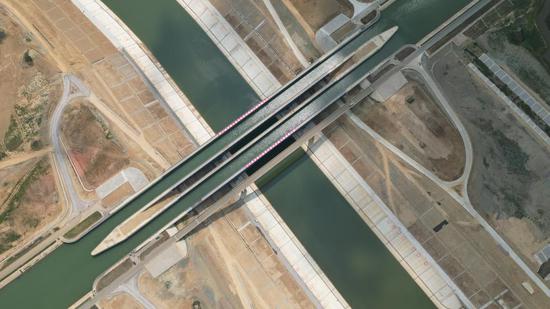
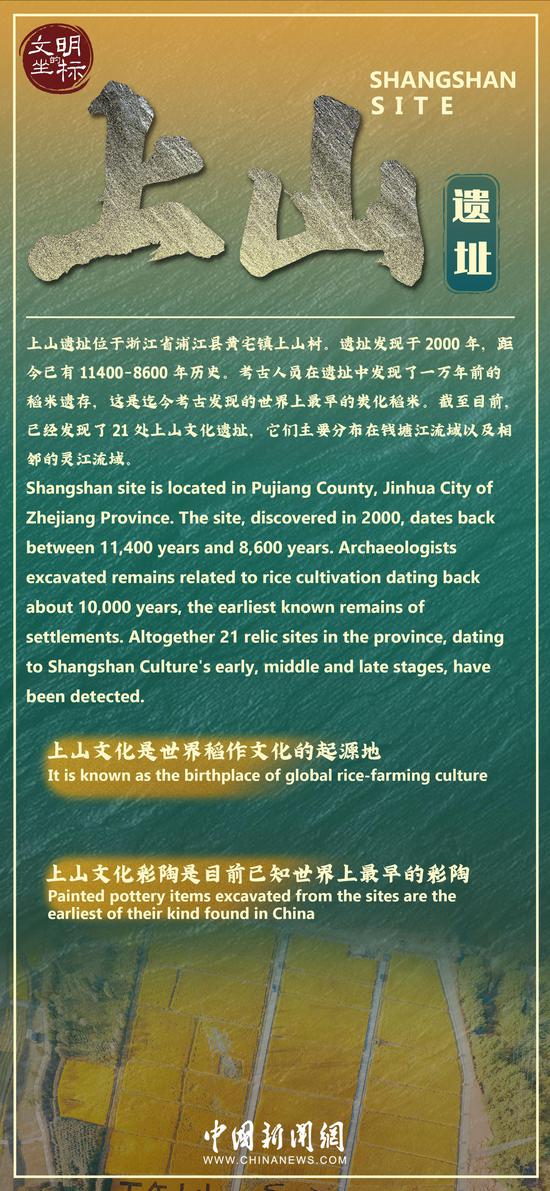





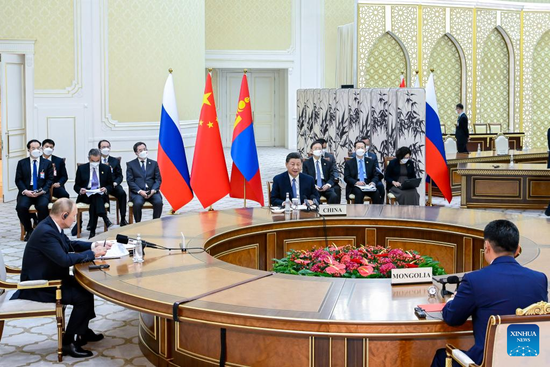


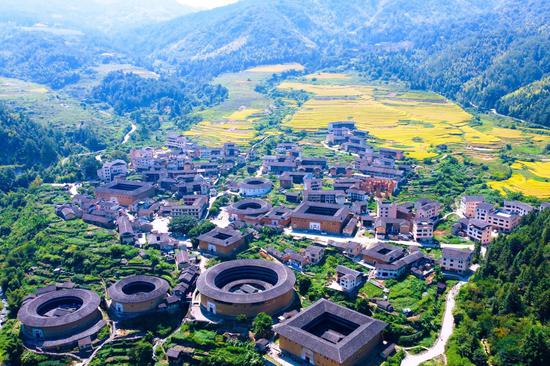



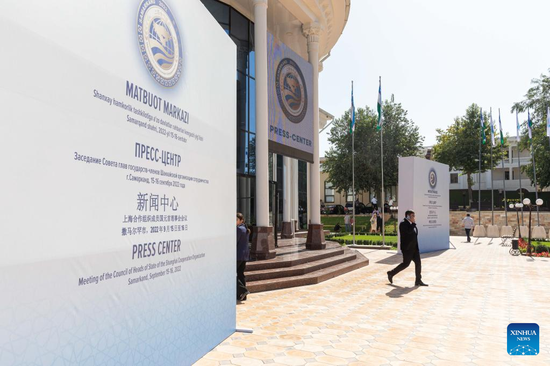
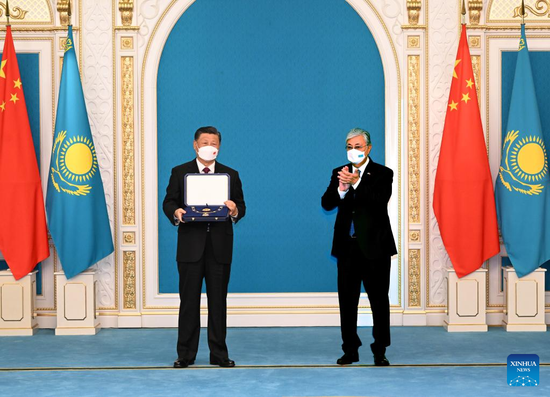
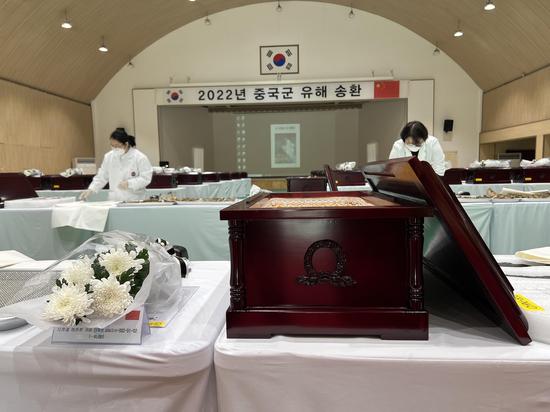

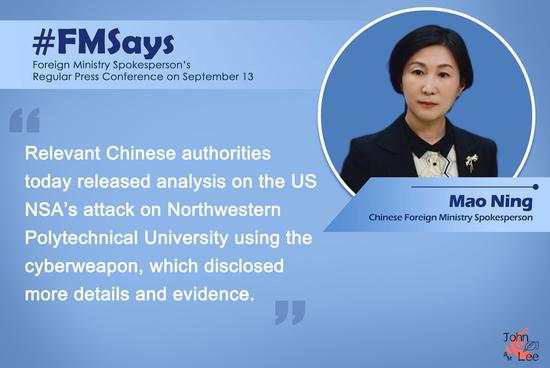






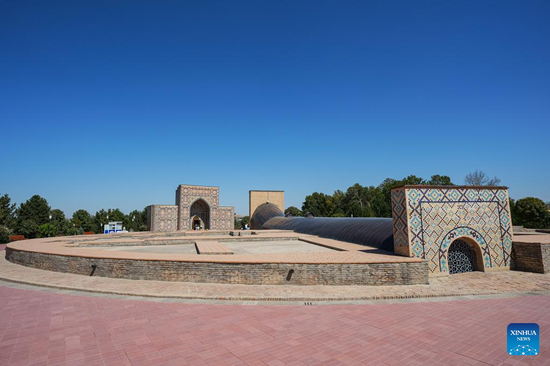

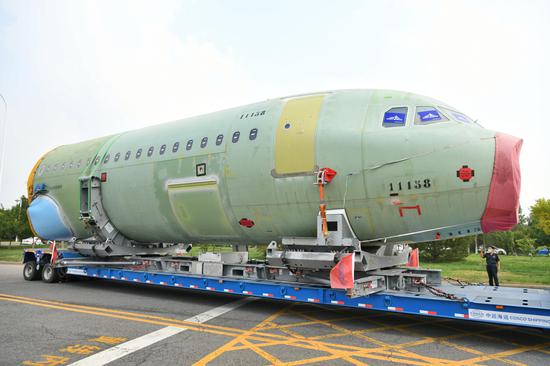
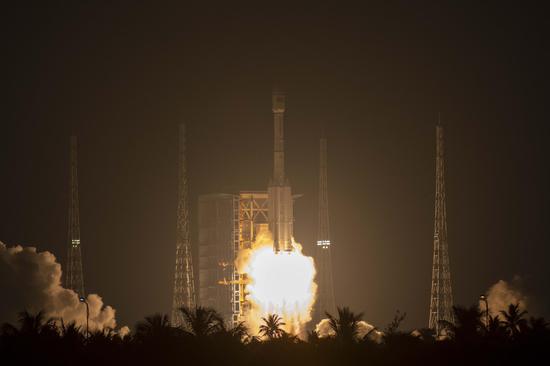
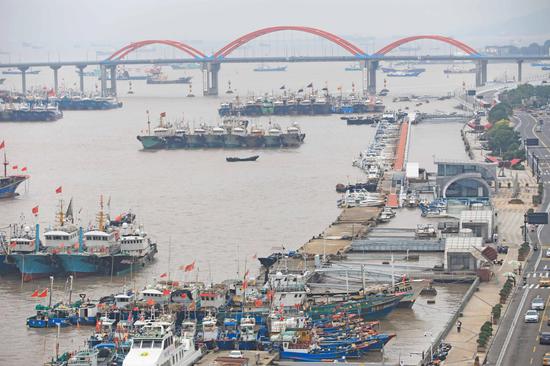
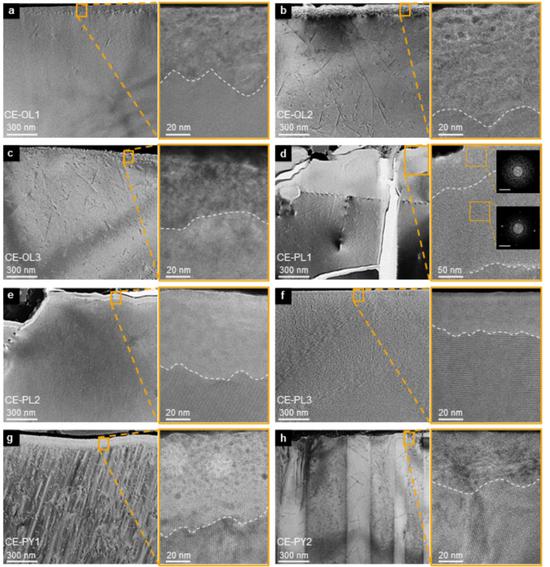





 京公网安备 11010202009201号
京公网安备 11010202009201号